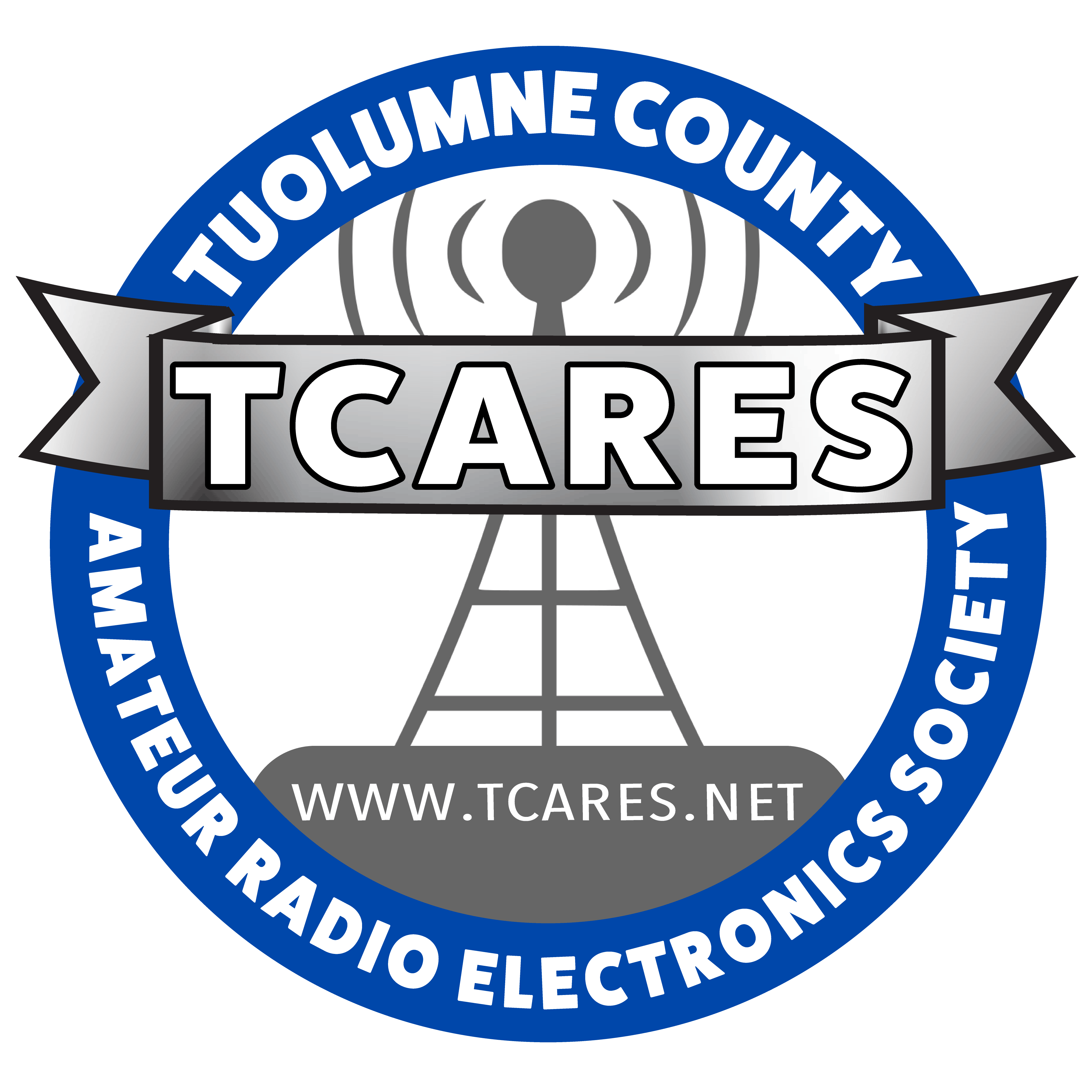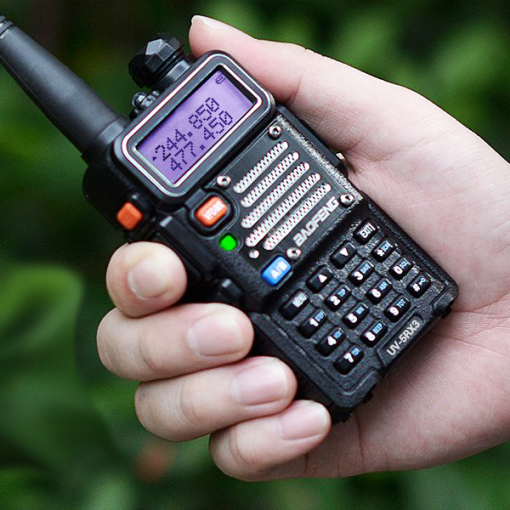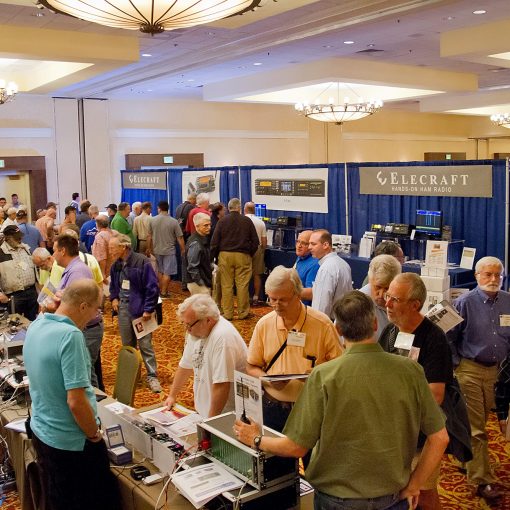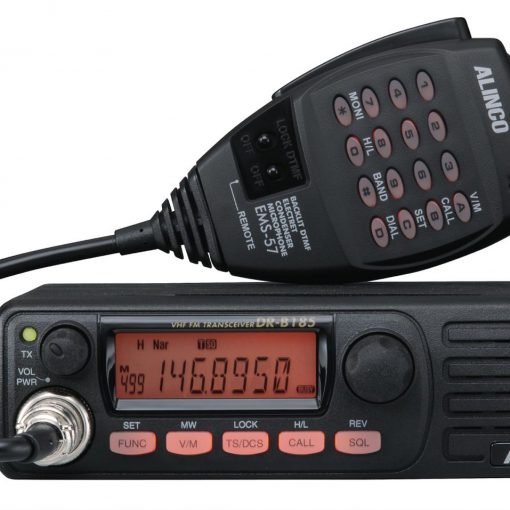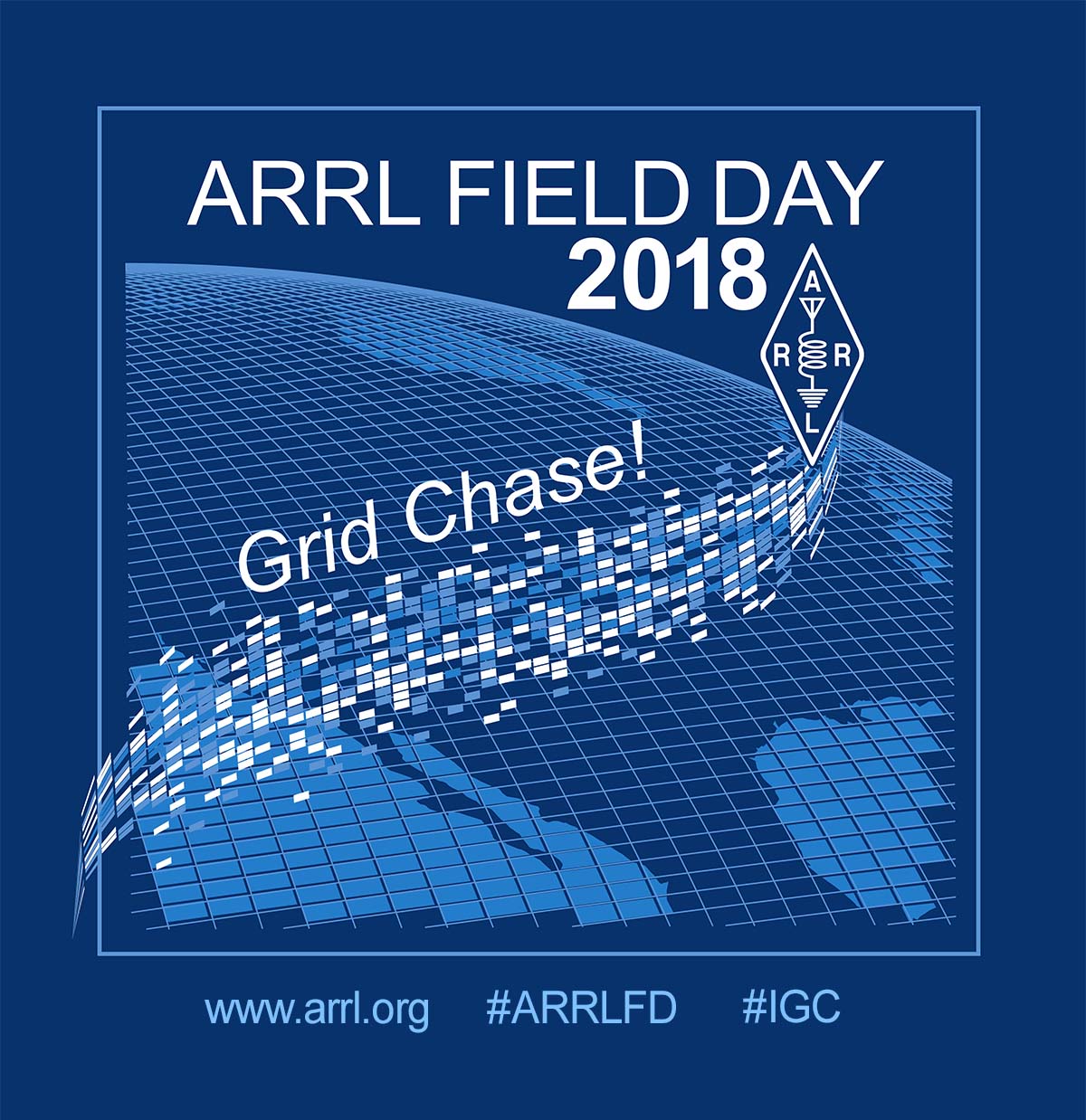Amateur radio is more than a hobby for Groveland resident Carl Croci.
On top of spending many nights a week relaying messages with amateur radio operators in the area and across the globe, the 77-year-old also serves as the Tuolumne County coordinator for Amateur Radio Emergency Services.
The service is capable of providing backup communication for the community during wildfires and other types of emergencies to alleviate the burden on phone lines and official emergency radio systems.
Croci is also a longtime member of the Tuolumne County Amateur Radio Electronic Society, or TCARES. His call sign is NI6Z.
“It’s a great hobby and a great emergency services tool,” Croci said of amateur radio, also referred to as “ham” radio. “I know guys who have been hams and left for many years, but for some reason they always come back.”
Born June 4, 1938, in Albuquerque, New Mexico, Croci was adopted as an infant and grew up in the East Bay with his adoptive parents, Henry and Lenora Croci.
Croci was raised an only child and described his early life as a normal childhood. At 10, he started working in his father’s open-air produce market across the street from Oakland Technical High School.
Croci and his two best friends would ride their bicycles from Oakland to a Boy Scout summer camp near Yosemite National Park, stopping at farmhouses and parks along the way to rest.
“Back then, you could do that kind of stuff,” he said.
Around the same time, Croci started becoming interested in building radios.
Croci said he drilled a hole in his father’s garage to run wires through some of the trees alongside their house.
“I remember my dad yelling at me, ‘What in the world is this hole in the wall for?'” he said. “When I showed him he could take my headset and listen to ball games, everything was OK.”
After graduating from San Lorenzo High School in 1956, Croci joined the United States Navy Reserves to avoid getting drafted into the Army during the Korean War.
Croci got his active-duty notice about a year after joining the reserves and started submarine training. He was sent to submarine school in New London, Connecticut, where he graduated in the top 10 percent of his class.
“They gave me my choice of duty stations on the West Coast or East Coast. I picked the West Coast,” he said. “It was either San Diego or Hawaii, so I went to San Diego and got stationed on the USS Rock.”
Croci’s first submarine tour allowed him to visit places throughout the Western Pacific, including Hawaii, Japan, the Philippines, Hong Kong and Australia.
“I remember going into a pub in Sydney and all these people buying me drinks,” he said. “They were still very appreciative of the submarine service for being the only ones to stop the Japanese from coming in there.”
Croci came back to the U.S. after his time in the Western Pacific and moved to Seattle. He met a girl there named Patricia, whom he married in 1958. The couple later had a daughter, Annette, in 1960, and a son, Corey, in 1967.
Shortly after getting married, Croci signed up for the Navy’s Nuclear Power School in Vallejo.
The intensive, six-month course included 75 hours of basic math, 100 hours of modern physics, 100 hours of reactor principles covering properties of neutrons and fission theory, 24 hours of basic thermodynamics and 80 hours of training on nuclear power-plant systems.
“It was the equivalent of a two-year college course in six months,” Croci said.
After graduating, Croci had an interview with Admiral Hyman G. Rickover to receive his next assignment.
Rickover, known as the “Father of the Nuclear Navy,” asked him only one question: “Why are you here?”
“I said, ‘Well, I think you want us to think before we act and know what we’re doing,'” Croci recalled. “He said, ‘Congratulations and welcome aboard.'”
Croci got orders to serve on the USS Nautilus SSN-571, the world’s first nuclear-powered submarine. He ran the nuclear reactor while the Nautilus cruised “way up in the North Atlantic about as far as you could go,” the Mediterranean and off the coasts of England, Ireland, Scotland and Norway.
When the Cuban Missile Crisis started in October 1962, Croci was sitting at his home in New London, Connecticut, and received orders to get on the submarine.
“We went on board the boat and away we went,” he said. “The only thing I know is that we tracked some tankers and cargo ships up and down the Atlantic. I was back there watching the steam gauge, so I didn’t know what was going on.”
Croci was honorably discharged in 1963 and moved to the San Jose area. He got a job with United Airlines as an electrician that same year.
At age 40 while living in Fremont, Croci met his birth mother for the first time.
His biological sister, Judy Tabor, came to his door one day and introduced herself. She later introduced him to his other sister, Linda Arthur, and birth mother, Bonnie Walling, who told him a story that turned his world upside down.
Walling said she and Croci’s biological father were first cousins, and she was moved to a home for unwed mothers in New Mexico after getting pregnant. The home turned out to be an illegal “baby mill” where he was given up for adoption without Walling’s consent.
Croci said his parents told him he was adopted when he signed up for the Navy at age 18, but he had no reason to question the circumstances.
After he met his biological family, he tried to get his adoption records in New Mexico unsealed. He finally obtained a court order to release the records but was told they had been destroyed in a fire.
Croci said he also confronted his adoptive mother about the story but she told him it was “long ago” and “wasn’t his business,” so he stopped talking to her. He stayed in communication with his birth mother and sisters after that.
“There’s a lot of people that happened to who aren’t aware of it,” he said. “The reason my sisters wanted to tell me was because there was a history of SIDS (Sudden Infant Death Syndrome) in the family, and I had lost two daughters to SIDS.
“If I would have known, I might have been able to do something about it.”
Croci later left his job at United Airlines to take a higher paying position with an aircraft company in Dallas.
Shortly after moving to Dallas, Croci and his first wife got a divorce. He worked in Dallas for two more years and returned to California to visit his daughter, Annette, whose husband was stationed at Castle Air Force Base in Atwater.
“I found an ad that Hershey’s was hiring (for an electrician at a chocolate plant) in Oakdale,” he said. “On a whim, I went there and filled out an application and two hours later I was hired.”
Croci moved to Modesto and met his current wife, Melissa, at his grandson’s birthday party in 1983. She was from Missouri and in California at the time to visit relatives, but Croci helped her get a job as a waitress at a friend’s restaurant in Oakdale.
They married in 1989.
“He’s really full of life and always trying to find fun things to do,” Melissa said. “He’s always interested in trying new things.”
Croci also introduced Melissa, now 52, to amateur radio. He had been a member of amateur radio clubs since the late-1960s, after a friend took him to a Bay Area group’s meeting.
The couple moved to Groveland in 1987. Croci immediately got involved with TCARES.
The couple was evacuated from their new home during the 1987 Stanislaus Complex, the county’s biggest wildfire prior to the Rim Fire. They went to stay with his daughter in Merced, but he returned to Tuolumne County to help with emergency communications.
“Officials would request things like blankets, food and supplies via the ham radio,” he said. “We would write it down and take it to the operations center or relay it.”
Licensed amateur radio operators in the county manned the telephones during the Rim Fire to handle public information messages, though officials have since said they probably should have asked the operators to handle communications.
Croci and other TCARES members participated in an April 22 countywide disaster drill, organized by the California Army National Guard 95th Civil Support Team, to relay emergency communications from Kennedy Meadows to Moccasin.
The club is gearing up for its annual public demonstration at 9 a.m. Saturday at the Sierra Outdoor School, 15700 Old Oak Ranch Road off Big Hill Road in Columbia, where people can learn about the amateur radio service.
TCARES meets monthly on the third Saturday of the month at the Pine Tree Restaurant in East Sonora. Roughly 30 of the group’s 90 registered members attended a meeting June 20, where many had positive things to say about Croci and his involvement over the past 25-plus years.
“The guy is absolutely brilliant,” said Mike Gray, of Sonora, the club’s president. “He’s one of the reasons I’m in the club. If you need to know something, everyone knows to go ask Carl.”
Croci has taught lessons on building antennas and mentored some of the younger members as they went through the process to get their license. Non-licensed radio operators can face fines of as much as $10,000 from the Federal Communications Commission, Croci said.
At last Saturday’s meeting, Croci said the Amateur Radio Emergency Services communications have been quiet and peaceful, but that could quickly change as the temperature heats up.
“As you know, we’ve had some fires in the county,” he said. “So keep your batteries charged and be ready to run.”
originally: http://www.uniondemocrat.com/csp/mediapool/sites/UnionDemocrat/LocalNews/story.csp?cid=3808658&sid=753&fid=151
